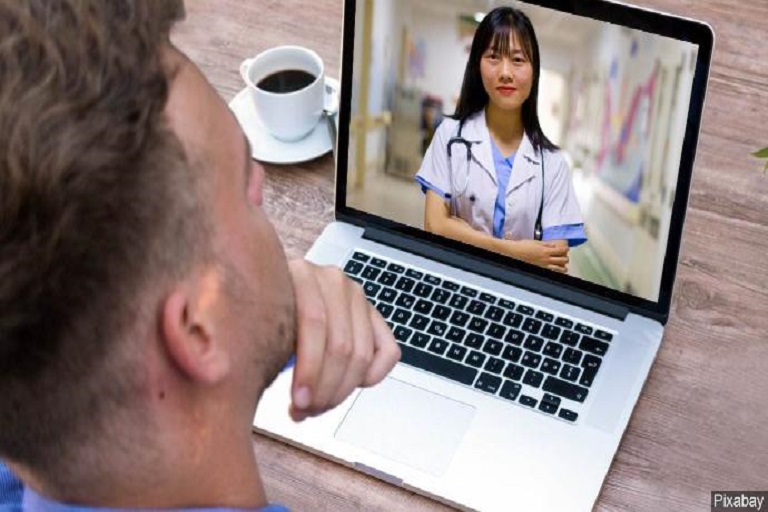A bipartisan group of senators on Thursday introduced legislation to inventory telehealth programs nationwide and evaluate ways to plan for public health emergencies using virtual care. Sen. Tina Smith, D-Minn., told Healthcare IT News that the Enhancing Preparedness Through Telehealth Act stemmed from the desire to “understand what the administration is doing right now, and what they can do without needing additional legislative authority.”
“Telehealth has been instrumental in connecting patients and health care professionals during COVID-19. It saves lives, allows doctors to spend more time with patients, and allows access to care for those who normally could not access, said Sen. Bill Cassidy, R-La., one of the bill’s cosponsors, in a statement. “This bill examines what’s worked across the country so we can more effectively respond to future health emergencies.
As noted by the Senate Committee on Health, Education, Labor and Pension earlier this week, there have been 31 federal policy changes enacted since the start of the COVID-19 pandemic to expand access to telehealth. Smith is among several lawmakers pushing for many of those changes to be made permanent – and in a way that furthers equity for the most vulnerable populations. “COVID is not the great equalizer,” Smith said, pointing out that communities of color have been disproportionately affected by the pandemic. “It hits harder those who are already struggling, who lack access to healthcare … because of the generational impacts of systemic racism on Black, brown and indigenous people.”
Because of that, Smith said, any work to expand telehealth must consider access for everyone. She noted, for instance, the challenges faced by families who don’t have in-home internet access. A Pew research survey from 2019 found that about two-thirds of black adults and 61% of Hispanic adults said they had access to broadband at home; about a quarter of Hispanic adults and 23% of black people are “smartphone-only” internet users.
Although expanding broadband for rural people is certainly important, she said, people in cities also have this problem. “It’s important to think about expanding reimbursement, not just for video telehealth, but for phone telehealth – that’s the most important thing I think we could do for this,” she said. The Centers for Medicare and Medicaid Services included phone-based services in its temporary expansion of telehealth benefits earlier this spring, but some lawmakers have pushed back against reimbursement parity for telehealth services compared to in-person care.
The Health Care at Home Act, which Smith introduced in May, would require coverage from federally regulated ERISA plans for essential telehealth services – including audio-only visits – for the duration of the public health emergency. “Telehealth is helping to provide continuity of care during the pandemic,” said Smith. “Patients don’t feel safe getting the care they need and they want to protect themselves, and providers want to protect themselves.”
But, Smith said, coverage needs to continue after the emergency. She drew particular attention to the benefits of telehealth for behavioral health services. “I’ve heard stories of individuals dealing with mental health or substance use disorder challenges who are preferring to access care through telehealth” for reasons unrelated to the coronavirus, she said – such as difficulty with executive function or travel to appointments.
“We have to generally make sure that when it comes to mental health treatment, that it is covered like physical health treatment,” she said. Smith also flagged the potential benefits of telehealth for maternal care, saying that pregnant patients with young children might face difficulty getting to prenatal appointments in person. “Think about the challenge of that rural mom who lives 60 miles from her provider, and she’s got two little ones and has to be able to work: the opportunity telehealth presents,” Smith mused.
Ultimately, Smith said, policymakers and others in power must not be myopic about the lessons learned from COVID-19. “We need to look at the layers of regulatory hurdles put in place to make it more difficult to use telehealth,” she said. “We have to learn from our experiences and see what’s worked and what we need to do better.” “No one is suggesting that telehealth needs to become a replacement for all care,” she said. “Because of the urgency [around the pandemic], we’ve seen a shift that has been remarkable, and we need to learn from this shift.”




































